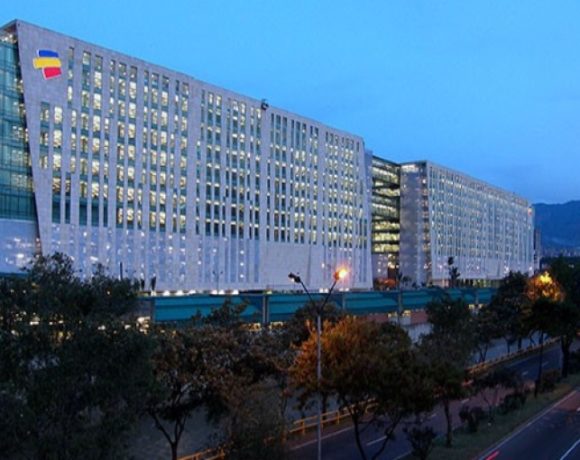EPM Board OKs Bid for ‘CaribeMar;’ Would Boost Power-Market Share to 35%

Medellin-based multinational electric power giant EPM announced February 19 that its board of directors gave formal approval for the company to bid on the “CaribeMar” power company in Bolívar, Cesar, Córdoba and Sucre departments in Colombia.
If EPM were to win the auction, then its national share of the Colombia power market would jump to 35% (19 million customers), up from 23% today.
“After an exhaustive and comprehensive analysis process, the EPM board of directors in its session on Wednesday, February 19 approved that the company present the documentation for its participation in the auction process of the shares of ‘CaribeMar,’ one of the two companies that will arise from the separation of markets of Electricaribe,” according to EPM.
Following the financial collapse of Electricaribe and a subsequent national government takeover, the government decided to split the auction of its assets into two parts: CaribeMar (Bolívar, Cesar, Córdoba and Sucre) and CaribeSol (Atlántico, Magdalena and La Guajira).
“Entering CaribeMar means for EPM a unique growth opportunity to reach the Atlantic coast market and provide its service to 1.5 million customers. CaribeMar represents approximately 12% of the share of the national energy market,” according to EPM
As noted in a separate report last month by Colombian business newspaper Portafolio, the “CaribeMar” portion of the former Electricaribe company includes 65% of the hotel sector of the tourist-popular Caribbean coast as well as many large industrial and commercial customers.
While Electricaribe has historically suffered from widespread theft of electric power through illegal connections, the “CaribeMar” area suffers less than the “CaribeSol” area, according to that report.
Not mentioned in the Portafolio report — but widely known here in Antioquia and admired by power-experts internationally — is that EPM pioneered the development of low-cost, pay-as-you-go metering systems that avoid power theft, especially in low-income neighborhoods.
This novel system enables people to buy “power cards” (similar to credit cards) in ubiquitous neighborhood stores. These cards provide a certain number of kilowatt-hours at subsidized power prices. Hence people on limited budgets buy only the power they actually want — at affordable prices — rather than stealing power through illegal connections and subsequently wasting “free” power by profligate usage, irrespective of actual need.
Colombia’s Energy Ministry announced last year that following years of debate over how to resolve chronic financial losses and massive power thefts at Electricaribe – with a resulting lack of investment in required infrastructure — the government decided to assume COP$1.2 trillion (US$353 million) in Electricaribe’s pension liabilities, and then sell-off the assets to other power companies with better track records and greater financial muscle.
Electricaribe divisions will require about COP$8 trillion (US$2.35 billion) in infrastructure investments over the next 10 years, according to the Energy Ministry.
Meanwhile, upper-middle-class and wealthier residential power customers (“estratos 4,5 and 6”) throughout Colombia have been paying a special COP$4 (US$0.001) per-kilowatt surcharge to help Electricaribe limp along until new owners are found, the Energy Ministry noted.
















